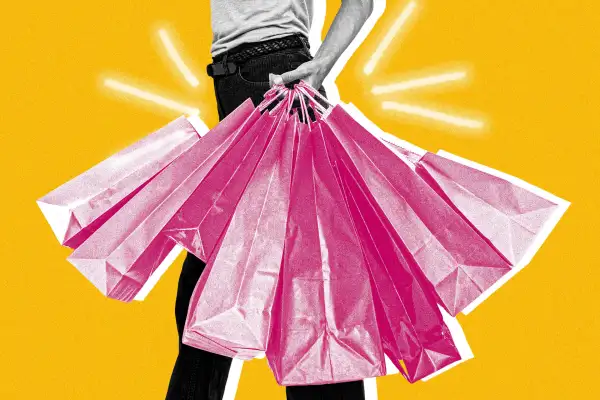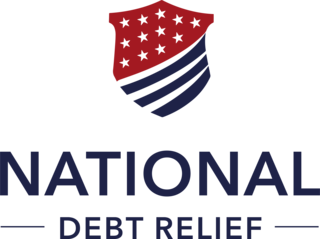Research Shows Retail Therapy Is More Than Just a Myth

Personal finance is full of myths and misconceptions. No, not all debt is bad. No, buying isn't necessarily better than renting. And, no, carrying a balance does not help your credit score.
One phenomenon is surprisingly real, though: retail therapy.
"Shopping when sad can help to alleviate the sadness faster than other methods you might be tempted to try," confirms Scott Rick, an associate marketing professor and consumer behavior expert at the University of Michigan.
In fact, Rick led a study about retail therapy a few years ago. He got motivated after reading several articles claiming it didn't work, which he says not only felt "very puritanical and finger-waggy" but also "didn't sit well" with his own experience.
With a couple of coauthors, Rick ran experiments in which people were asked (among other things) to watch a sad movie scene and imagine buying — or actually buy — stuff, then report how they felt about it. The report, which was ultimately published in the Journal of Consumer Psychology in 2014, found that shopping did indeed help folks perk up.
The key, interestingly enough, was control.
"Sadness is often associated with feeling like you're not in control of your environment — there are ambient external forces that are pushing you around, and you're not the captain of your own destiny," Rick says. "Shopping seems like a way to exert control; [to say] 'I want this and not that.'"
Of course, he acknowledges that not all choices fill a person with control. (An example might be medical decisions — following a doctor's order to have surgery isn't often something that inspires a ton of freedom.) But Rick says when we're talking about enjoyable, low-stakes choices, shopping can help folks regain a sense of personal control "and kind of hasten recovery from sadness."
That's not the only pro associated with retail therapy. Other research has found that shopping can release serotonin and dopamine, the neurotransmitters that let us feel pleasure and reward.
"Some people think these hormones only get released when you actually purchase an item, but it begins well before that," as psychiatrist Susan Albers said in a Cleveland Clinic blog post. "It can start before you even leave the house because you're delighting in all the possibilities. Your happy hormones surge through the whole journey."
In-store shopping at brick-and-mortar locations tends to be better at improving people's moods "because of unique benefits that physical stores offer such as instant gratification, easy processes and personal interaction," per a 2009 University of Minnesota dissertation. But the benefit still comes through when online shopping.
And, as Rick points out, actually purchasing stuff isn't necessary. Simply putting stuff into a digital cart and going through the motions of shopping can help folks restore their sense of control.
"Don't get me wrong; the stuff doesn't hurt," he adds. "But our work was suggesting that the key ingredient is the process, [the] decision-making. The item could just be the cherry on top."
To be sure, there's still a huge amount of risk inherent in retail therapy. Aside from it being avoidance coping, experts generally discourage making any financial decisions while emotional because they tend to be long-term choices based on short-term reactions. Sad shoppers are also prone to overspending.
So experts certainly avoid suggesting you go out and blow $200 at Target the next time you have a bad day.
"If you keep doing it and get yourself in trouble financially, you could lose control," Rick adds. "Then you're at the mercy of all kinds of unpleasant things."
But it could be a good way to cheer yourself up if you're able to establish guardrails, like by investigating what the underlying reason for your mood is or by earmarking a small amount of money for these sorts of feel-better purchases.
That way, you can feel like you're restoring order to your world in an affordable, responsible way.
Retail therapy is legit on several levels. When you're upset, shopping can make you feel better because it can restore your independence at a time when you feel like you don't have agency over your own life.
Retail therapy comes with dangers, so keeping yourself in check is hugely important.
"It can help with sadness," Rick adds, "with the appropriate boundaries."
More from Money:
Why Are Store Return Policies Suddenly Getting Worse?





